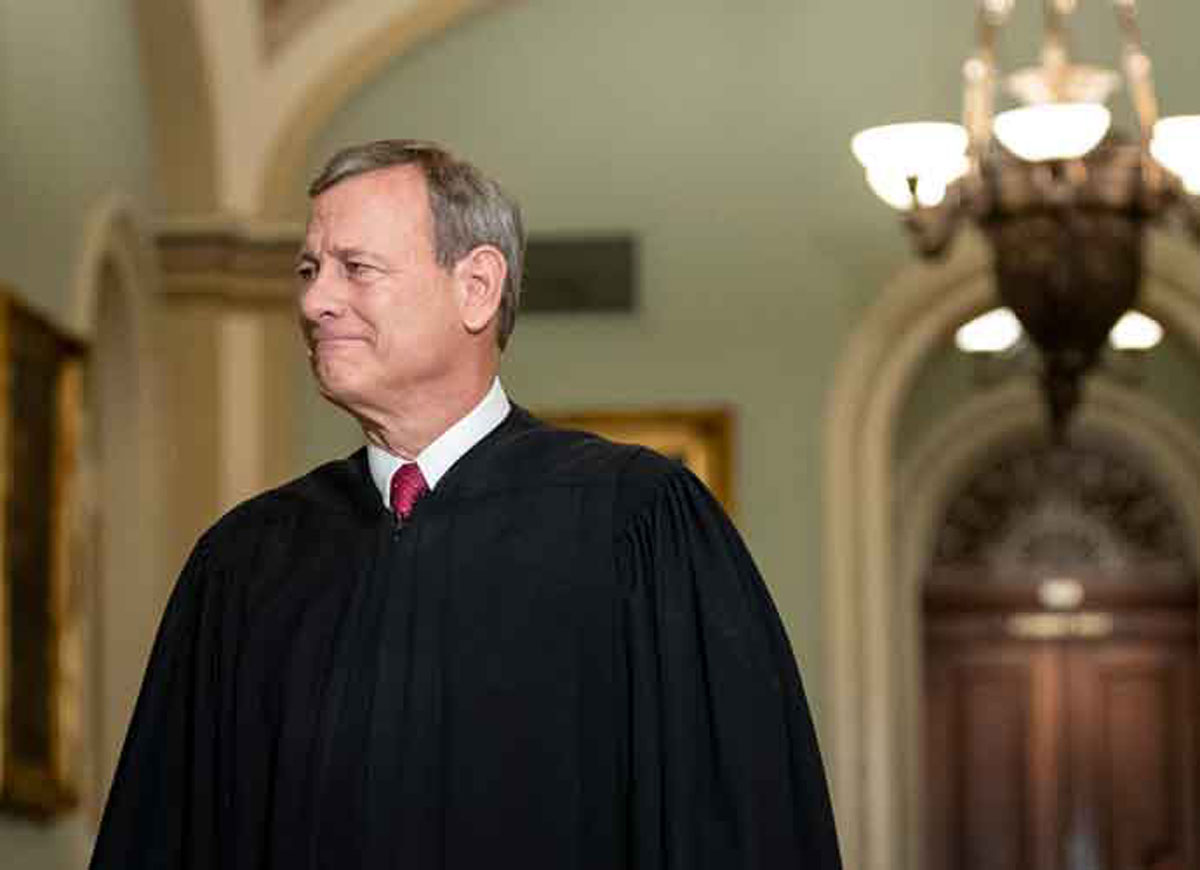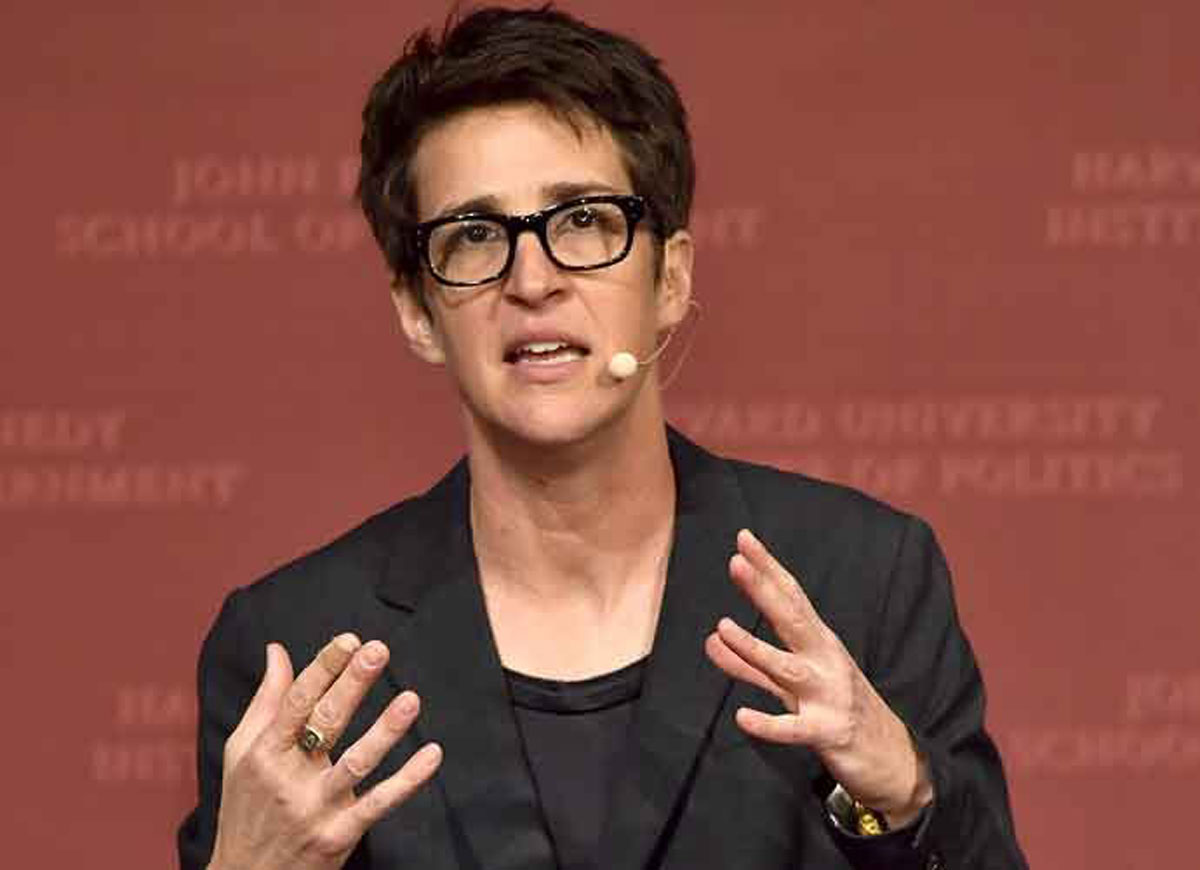Supreme Court Divided On Trump’s Executive Order To End Birthright Citizenship
Last week, the Supreme Court heard arguments on President Donald Trump‘s executive order to end birthright citizenship. The justices were divided on how to handle the order, which was one of the first signed by the president after his inauguration.
Birthright citizenship is protected under the 14th Amendment, which states that any person born on U.S. soil is automatically a citizen. Many legal scholars have claimed the order is blatantly unconstitutional. Trump argues that the children of undocumented immigrants, as well as the children of tourists and individuals holding work and student visas, are not under U.S. jurisdiction and are not protected by the Amendment.
Although most of the justices seemed to side against Trump’s order, a majority did not appear to be in favor of the efforts made by district judges to block his other policies on a nationwide basis. So far, three judges have issued nationwide injunctions, a tool that has been used to prevent the implementation of Trump’s policies to cut federal funding and restrict immigration.
Some of the justices suggested that instead of a nationwide injunction, judges should proceed with each case as they would with a class-action lawsuit. However, handling these cases in that manner will result in unnecessary and unprecedented chaos, according to lawyer Jeremy Feigenbaum.
Subscribe to our free weekly newsletter!
A week of political news in your in-box.
We find the news you need to know, so you don't have to.
In response to Solicitor General John Sauer‘s defense of both the executive order and the removal of nationwide injunctions, Justice Ketanji Brown Jackson questioned the legality of the system. “Your argument seems to turn our justice system – in my view at least – into a ‘catch me if you can’ kind of regime, from the standpoint of the executive, where everybody has to have a lawyer and file a lawsuit for the government to stop violating people’s rights.”
Sauer pledged that the administration would ultimately adhere to the Supreme Court’s decision.
But Justice Sonia Sotomayor had her doubts. She pointed out that the order itself violated four court precedents and that the court had already ruled against the basis of Trump’s order in the past. Additionally, the administration has been observed violating lower court orders, raising concerns that such violations will continue.
A ruling is expected by early summer.
Get the most-revealing celebrity conversations with the uInterview podcast!






Leave a comment